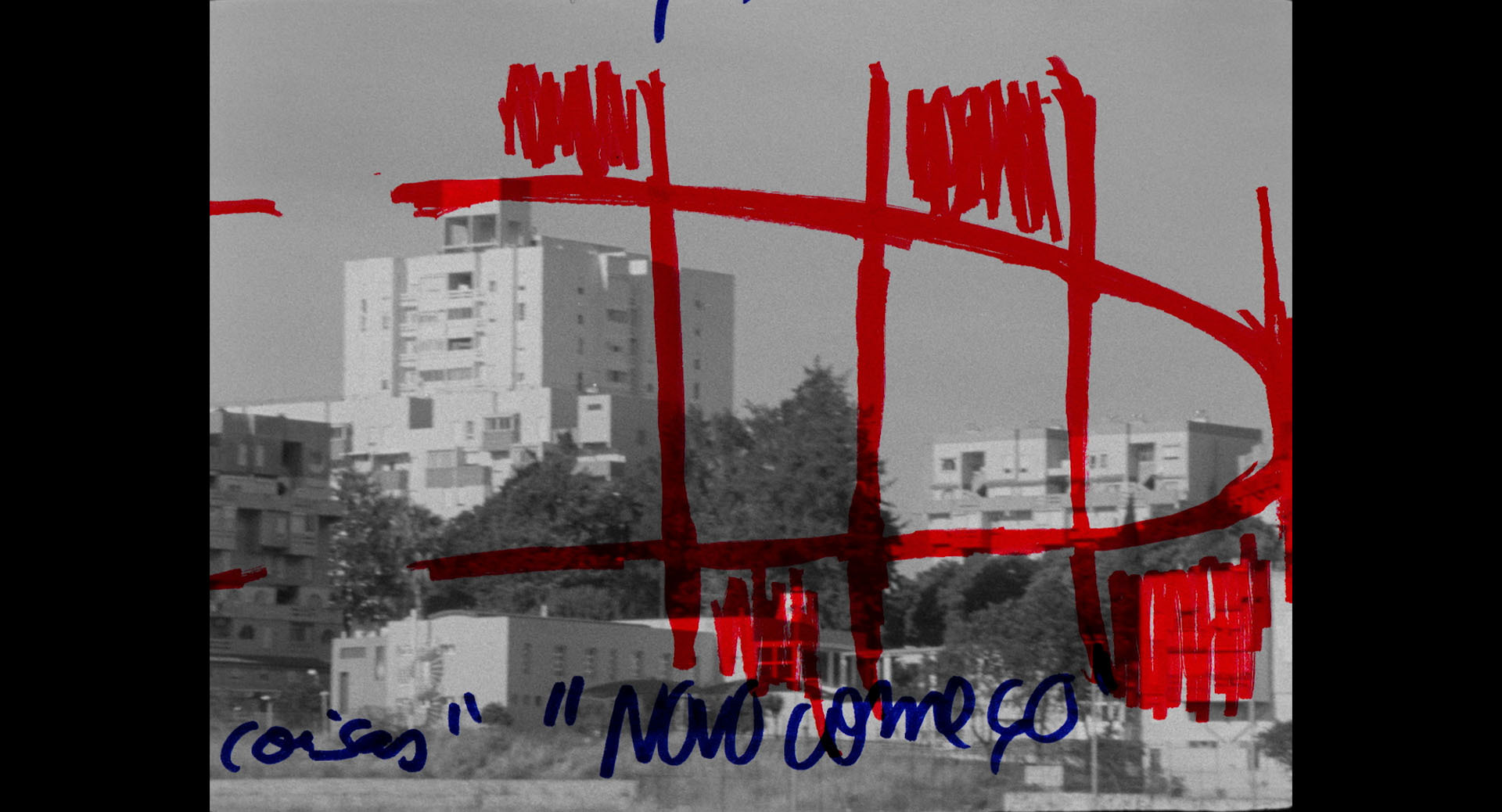News 19 March 2021
A total of 110 films from 31 countries will be presented by the 34th European Media Art Festival in this year's programme, titled "Possessed". However, in view of rising infection figures and considerable travel restrictions, the film programmes will be held as an online-only event. The exhibitions in the Kunsthalle and other venues will be set up as planned and, depending on circumstances, will also be open to the public.
The streaming offer will be online from 21 April - 02 May and will include conversations with artists, live talks and insights into the exhibitions, in addition to the film programmes. "As soon as public screenings are possible, we will present a number of films once again in physical form," says Katrin Mundt, member of the EMAF management team.
With over 2,600 submissions, more artists than ever before applied for inclusion in the EMAF programme; 31 films were selected for the competition. "Many of these films deal with landscapes marked by the traces of historical occupations or current conflicts," says Katrin Mundt, who is in charge of the film programme. "The artists' stance can be very critical, but also very personal. And often they are looking for alternatives: for other models of the world and new forms of community life."
Marwa Arsanios' Who Is Afraid of Ideology? Part 3: Micro-Resistances (2020), for example, tells of the struggle for land and mineral resources in Colombia and the empowerment of indigenous women through the dissemination of ecological knowledge. Simon Liu's Happy Valley (2020) combines traces of the protests in his home city of Hong Kong into a melancholic tour through a city in the process of disappearing. Other works revolve around the close connection between body, place and identity. In Daddy's Boy (2020), Renèe Helèna Browne examines the role of father figures in finding one's own identity. The Hollywood classic Jurassic Park provides Browne with arguments for a different, "monstrous" way of being in the world. And Marian Mayland's Michael Ironside and I (2020) also searches the film sets of 1980s and 90s sci-fi productions for notions of a technologically expanded masculinity.
Sharing and passing on experience, communicating across cultural boundaries and geographical distances is another focus of the competition. For instance, 13 Ways of Looking at a Blackbird (2021) is the result of a collaboration between the artist Ana Vaz and two students from Lisbon, Vera Amaral and Mário Neto. Their film asks fundamental questions about how we make sense of the world by seeing and filming, and how we locate ourselves in relation to others. In Three Works for Piano (2020), Dani Gal combines two very different narrative levels: three piano performances and the account of a former soldier in the Israeli army. Both illuminate different dimensions of speaking and silence, of memory and stage-setting.
The festival theme "Possessed" is spotlighted by a series curated by Anja Dornieden and Juan David González Monroy (Berlin). Titled "The Unpossessable Possessor", it focuses on the cinematic apparatus: how is it connected to us humans, how it takes possession of us.
Artist and curator Nour Ouayda (Beirut) presents a series on the history and present of video art in Lebanon. In Show Us the Money and We Will Resist, she traces the role that the resources and networks of Lebanese television played in the development of video art in the 1990s, and what new media infrastructures have taken their place to enable both artistic experimentation and intervention in society.
We warmly invite you to join us at the EMAF 2021, whether online or on site!
Up-to-date information on this will be published on our website.
Best wishes and warmest greetings from your EMAF 2021 team
www.emaf.de
